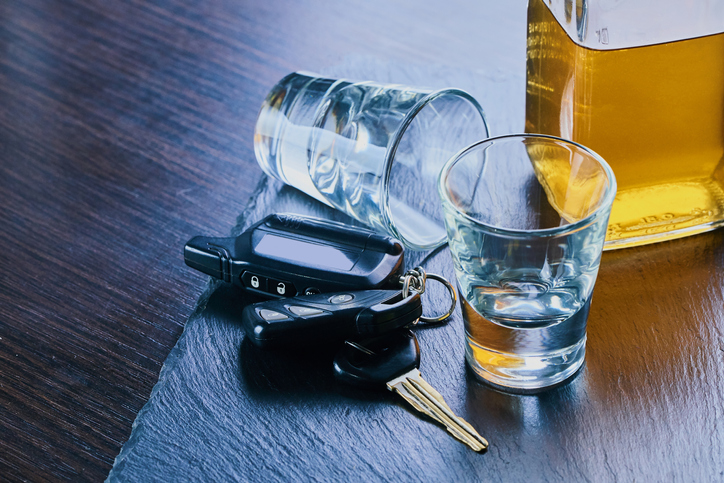It’s been nearly five years since Illinois Governor Bruce Rauner signed a measure that would allow repeat DUI offenders to drive even after being convicted four times. Under the law, drivers with up to five DUI convictions can drive with a restricted permit. That’s only under the conditions that they can prove to be drug and alcohol-free for at least three years.
This privilege poses two challenges:
- Who’s to say that a repeat DUI offender won’t violate the conditions of the permit and cause a serious or fatal crash?
- Even after three years of being drug and alcohol-free, who’s to say that a repeat DUI offender won’t drink and drive again?
Does the current approach to justice work?
The justice system often employs a cookie-cutter approach to keeping drunk drivers off the road. Many first-time DUI offenders may be rehabilitated after paying the fines, serving jail time, and having to go through a great deal of red tape to restore their driving privileges.
For many repeat DUI offenders, however, the legal consequences alone aren’t enough to break the habit. It won’t stop the behavior from happening again in the future. Those who suffer from substance abuse or mental health disorders are at a high risk of repeatedly driving impaired.
In order to remedy this problem and prevent fatal crashes caused by impaired driving, the Governors Highway Safety Association (GHSA) has proposed a more inclusive measure.
Darrin Grondel, Chair of the GHSA, explains:
“The traditional criminal justice approach holds these offenders accountable for each impaired driving incident, but to ensure that these high-risk impaired drivers don’t re-offend, we need to expand our approach beyond detection, arrest and conviction.”
With the help of Responsibility.org, the GHSA released a report entitled High-Risk Impaired Drivers: Combating a Critical Threat. The report defines high-risk impaired drivers (HRIDs) as someone who:
- Lacks the restraint or self-control to resist driving while impaired
- Drives while under the influence of both drugs and alcohol — this is called a polysubstance user
- Drives with an alcohol blood alcohol concentration (BAC) level of 0.15% or higher
- Has previous DUI offenses
In order to help these individuals stop this pattern of behavior, the GHSA has offered to assist State Highway Safety Offices in implementing an individualized approach to rehabilitation.
“The aim of this new report is to encourage states and their partners to take a more holistic approach to the problem by identifying and treating the cause of the offender’s behavior to reduce recidivism and promote long-term behavior change,” said Grondel.
How prevalent are deaths caused by HRIDs?
Since 1982, DUI-related fatalities have dropped by nearly 50 percent, according to federal statistics. Repeat DUI offenders and other HRIDs, however, remain an at-large threat to public safety.
According to the GHSA:
- Repeat DUI offenders are responsible for about a third of all DUI fatalities each year
- More than 60% of DUI-related fatalities are caused by drivers with BAC levels of 0.15% or higher
- Over the past decade, there has been a rise in drugged drivers, some of which are also impaired by alcohol
The Chicago car accident attorneys at Coplan + Crane have seen how devastating DUI-related crashes can be. What’s worse, many DUI offenders successfully fight the charges and deny any wrongdoing. As a result, justice is never restored for crash victims.
That’s why it’s absolutely critical to consult with an experienced attorney if you were hurt in a crash with an impaired driver. Even if the evidence is clear, the insurance companies will do whatever it takes to downplay your claim. Our legal team knows how to take on stubborn insurance companies. We can help crash victims recover all damages owed to them.
To get started on your claim, contact us online and schedule your free case evaluation today.
















